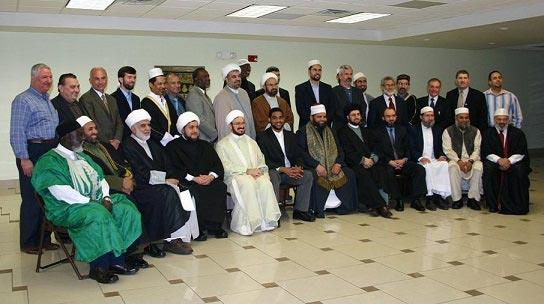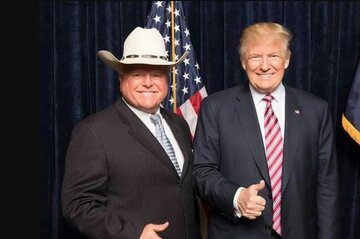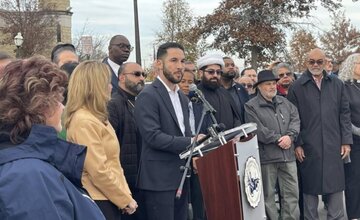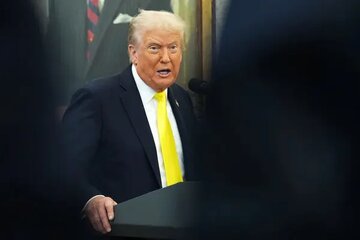As violence escalates in Iraq, religious leaders here have met to reaffirm a unity pact in an effort to ward off tension between Shiite and Sunni Muslims in Metro Detroit.
“The situation (in Iraq) is very volatile and it has exploded to the degree that we were afraid sectarianism may spill over to the communities here in the Detroit Metro area,” said Mustapha Elturk, co-chair of the Imams Council of the Michigan Muslim Community Council. “What we’re trying to do is make sure we’re all on board, regardless of what is going on overseas.
“Sectarianism has no place in our communities here in southeast Michigan or in America in general.”
The council of imams met Tuesday to show a united front and renew the Muslim Code of Honor they signed in 2007. They plan to meet again Tuesday, at the Islamic House of Wisdom in Dearborn Heights, to discuss the violence in Iraq and discuss how to present a unified voice.
Elturk said the goal is to promote peaceful relations among all Muslims at the area’s more than 50 mosques.
An estimated 81,500 people identify themselves as Muslims in the Metro Detroit area, according to a 2010 survey by the Association of Statisticians of American Religious Bodies. Of those, about 21,400 said they regularly attended religious services, making the region the eighth most populous for Muslims in the U.S.
The unity pact was signed in 2007, amid concerns that vandals who shattered windows at three mosques and a dozen businesses along Warren Avenue in Dearborn, the heart of the area’s Muslim community, may have reflected violence in Iraq.
Dawud Walid, executive director of the Michigan chapter of the Council on American Islamic Relations, said there was never proof of motivation for the crimes. But it motivated 27 religious leaders to sign the Muslim Code of Honor, declaring, “as Muslim Americans who live and struggle for a dignified existence for Islam and Muslims in a spirit of peaceful coexistence and respect for all, we believe that the practical challenges of the future supersede the ideological differences of the past.”
“It is a way of answering to not just the outrage shown abroad but to answer questions about Islam,” said Walid.
Mohammad Khalil, director of Muslim Studies at Michigan State University, said there are rarely open conflicts between the sects in Metro Detroit.
“There are, of course, some people who will use the events overseas as a pretext for some kind of hatred of the other,” he said. “But for the most part, I think locally there is more harmony than disharmony between the Shiite and Sunni communities.”
Saeed Khan, a professor of Near East and Asian Studies at Wayne State University, says the Sunni and Shiite communities in Metro Detroit are mostly “separate entities that have little interaction. “... There is not any outward hostility,” said Khan. “Those who think these conflicts in the Middle East will spill over into the streets of Detroit are really misguided.”
Fahmy Al-Masri, of Dearborn, was praying at the Islamic Center of Detroit Thursday afternoon. He said the conflict in Iraq doesn’t have an impact on the community locally.
“I don’t believe in Sunni and Shiite,” he said. “I believe in Muslim: There is only one God and Muhammad is his prophet.”
As for the violence in Iraq, he says it is more about power.
“Sometimes they take religion as a way to do this.”
Jawhar Altahesh is a social worker who assists refugees from the Middle East. He said that while local Muslims are aware of the events overseas, living here is different.
“In America, we get along as long as things are equal: justice and liberty, that’s what we care about,” the Hamtramck resident said. “When you live here, you should follow the rules and regulations of this country, otherwise, you are not welcome.”
Ultimately, what is important is recognizing what is at the center of the religion, whether Sunni or Shiite, said Hani Salem, director of the Islamic Center of Detroit.
“The extremists don’t represent pure Islam,” he said.
/129





